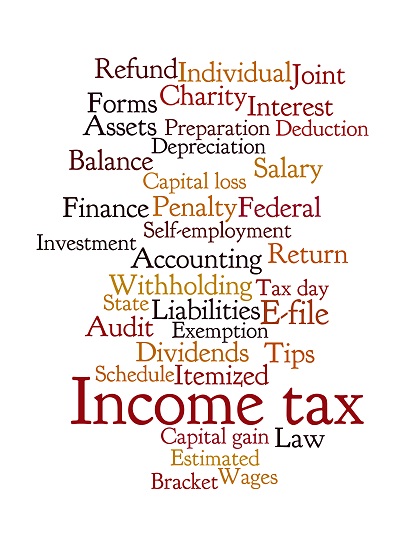AICPA Outlines Tax Reform Priorities
December 15, 2016

The American Institute of CPAs (AICPA) has identified several priorities that it would like to see incorporated in any tax reform proposal that advances through the legislative process during the next Congress. These include repeal of the Alternative Minimum Tax, harmonization of education-related tax provisions and consolidation and reform of the multiple retirement savings provisions in the tax code.
“We commend lawmakers for signaling that tax reform will be a top priority in the next Congress,” said Annette Nellen, CPA, CGMA, Esq., chair of the AICPA Tax Executive Committee, upon public release of the priorities. “The CPA profession prides itself on providing objective analysis of potential changes to our tax code and we again welcome the opportunity to lend expert input as the House and Senate consider tax reform.”
After meeting in Washington, D.C. in November, the Tax Executive Committee, the most senior committee of the AICPA’s Tax Division, outlined key issues it believes should be considered as part of any major overhaul of the tax code:
- Follow principles of good tax policy including equity, simplicity, minimum tax gap, transparency and economic growth and efficiency.
- Repeal the Alternative Minimum Tax for simplicity and transparency.
- Harmonize and simplify education-related tax provisions.
- Make adjustments via the tax rate schedule (and avoid phase-ins and phase-outs wherever possible) to promote transparency.
- Eliminate temporary provisions that cause tremendous uncertainty for taxpayers.
- Simplify retirement savings for both individual plans, employer-provided plans and those plans for self-employed individuals.
- Simplify or repeal the “Kiddie Tax” provisions for calculating the tax on unearned income of a child.
- Reduce tax rates for businesses operating in the corporate form as well as a rate reduction for other forms of business.
- Preserve the current availability of the cash method of accounting for tax purposes.
- Focus on Internal Revenue Service improvement of the taxpayer and tax preparer experience by utilizing modern and secure technology, hiring and training knowledgeable employees, and seeking and utilizing stakeholder engagement.
Fifteen years ago, the AICPA developed Guiding Principles for Good Tax Policy which the Institute continues to utilize in evaluating tax proposals. More recently, the Institute has also taken a global perspective on tax policy, as well as considering the importance of information security and the risk for identity theft.
“The AICPA has long advocated for simplification to the tax system because we are convinced such actions will reduce taxpayers’ compliance costs, encourage voluntary compliance through an understanding of the rules and greater respect for the system, and improve enforcement actions,” explained Edward S. Karl, CPA, CGMA, AICPA vice president of taxation. “All of these recommendations are in the public interest and are worthy of serious consideration by the House and Senate.”
